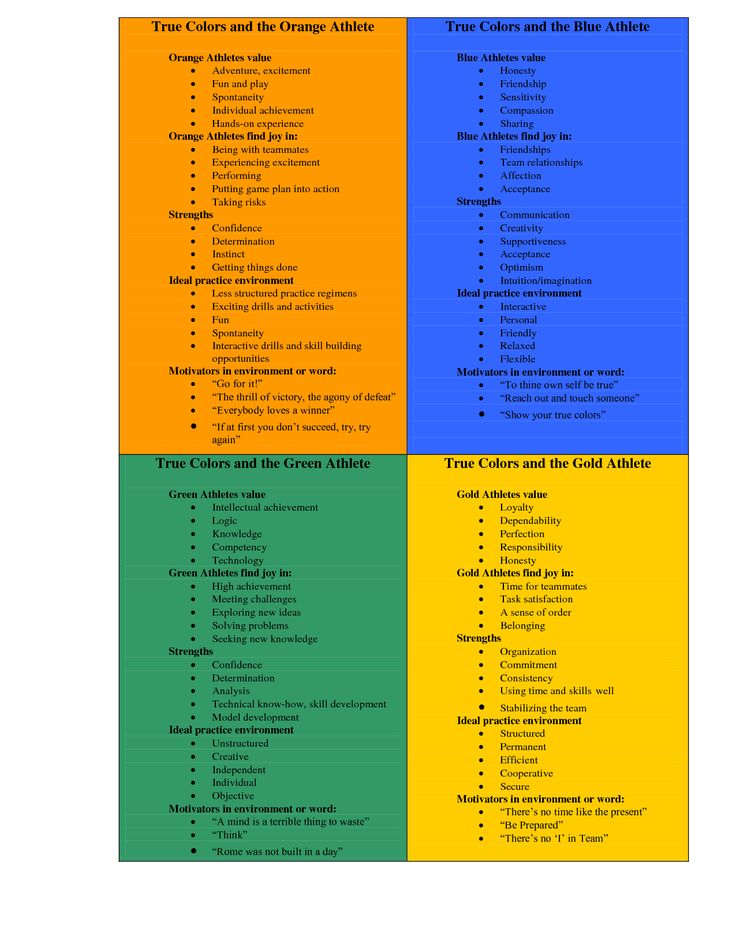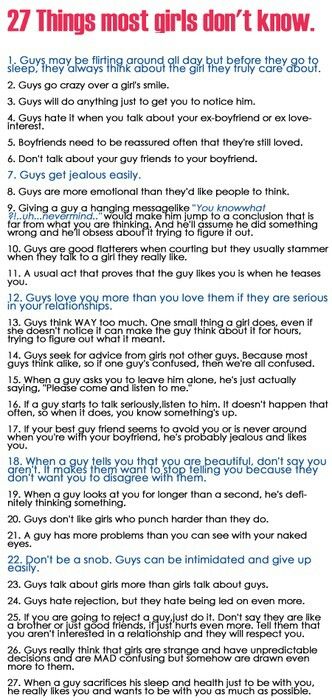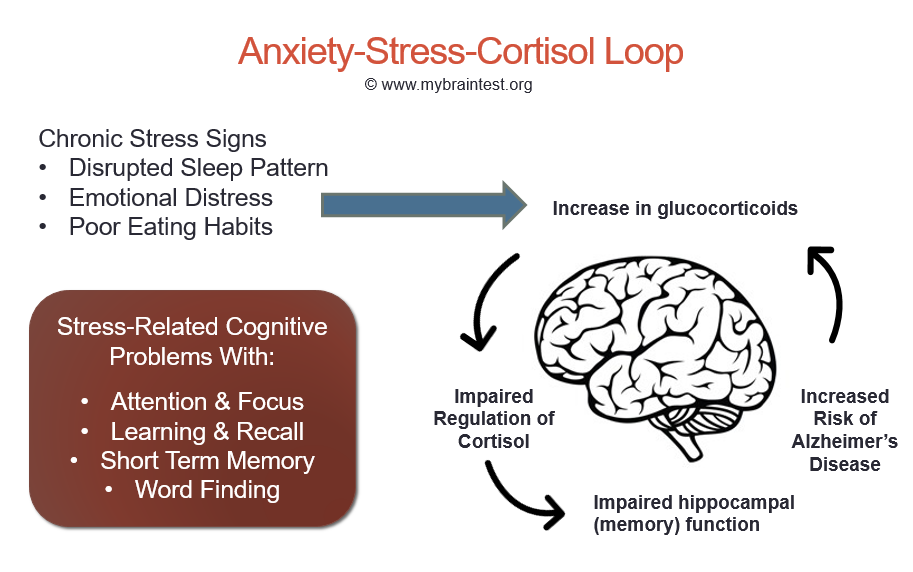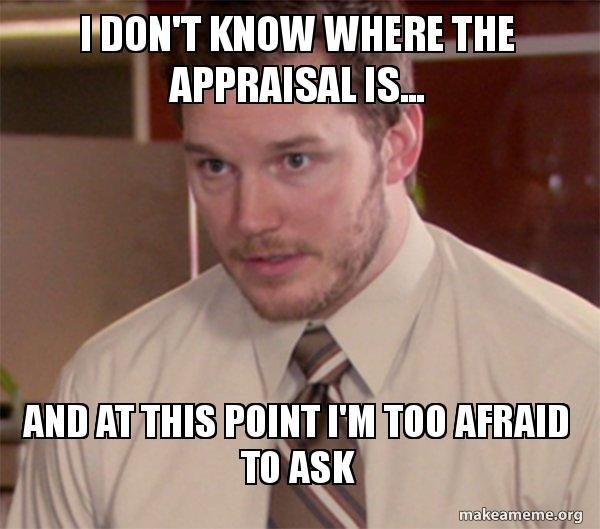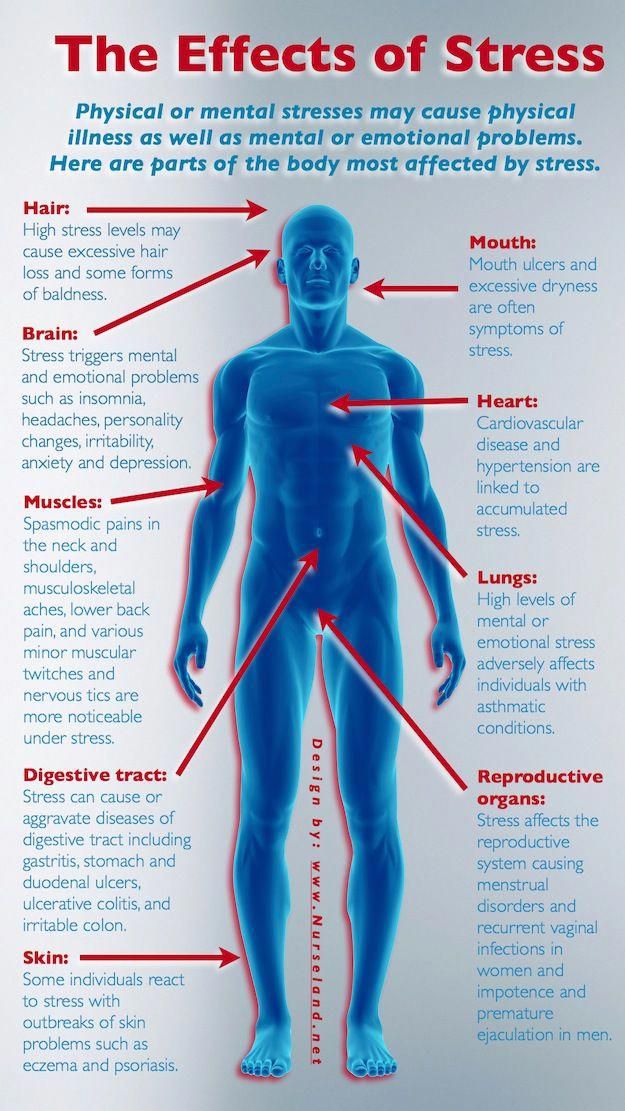Long personality quizzes
The 300-Question Personality Test
Rate each statement according to how well it describes you. Base your ratings on how you really are, not how you would like to be.
I make friends easily. *
Inaccurate
Neutral
Accurate
I have a vivid imagination. *
Inaccurate
Neutral
Accurate
I worry about things. *
Inaccurate
Neutral
Accurate
I love large parties. *
Inaccurate
Neutral
Accurate
I believe in the importance of art. *
Inaccurate
Neutral
Accurate
I get angry easily. *
Inaccurate
Neutral
Accurate
I take charge. *
Inaccurate
Neutral
Accurate
I experience my emotions intensely. *
Inaccurate
Neutral
Accurate
I often feel blue. *
Inaccurate
Neutral
Accurate
I am always busy. *
Inaccurate
Neutral
Accurate
I prefer variety to routine. *
Inaccurate
Neutral
Accurate
I am easily intimidated. *
Inaccurate
Neutral
Accurate
I love excitement. *
Inaccurate
Neutral
Accurate
I like to solve complex problems. *
Inaccurate
Neutral
Accurate
I often eat too much. *
Inaccurate
Neutral
Accurate
I radiate joy. *
Inaccurate
Neutral
Accurate
I tend to vote for liberal political candidates. *
*
Inaccurate
Neutral
Accurate
I panic easily. *
Inaccurate
Neutral
Accurate
I trust others. *
Inaccurate
Neutral
Accurate
I would never cheat on my taxes. *
Inaccurate
Neutral
Accurate
I make people feel welcome. *
Inaccurate
Neutral
Accurate
I am easy to satisfy. *
Inaccurate
Neutral
Accurate
I dislike being the center of attention. *
Inaccurate
Neutral
Accurate
I sympathize with the homeless. *
Inaccurate
Neutral
Accurate
I complete tasks successfully. *
Inaccurate
Neutral
Accurate
I like order. *
*
Inaccurate
Neutral
Accurate
I try to follow the rules. *
Inaccurate
Neutral
Accurate
I go straight for the goal. *
Inaccurate
Neutral
Accurate
I get chores done right away. *
Inaccurate
Neutral
Accurate
I avoid mistakes. *
Inaccurate
Neutral
Accurate
I fear for the worst. *
Inaccurate
Neutral
Accurate
I get irritated easily. *
Inaccurate
Neutral
Accurate
I dislike myself. *
Inaccurate
Neutral
Accurate
I am afraid that I will do the wrong thing. *
Inaccurate
Neutral
Accurate
I don't know why I do some of the things I do.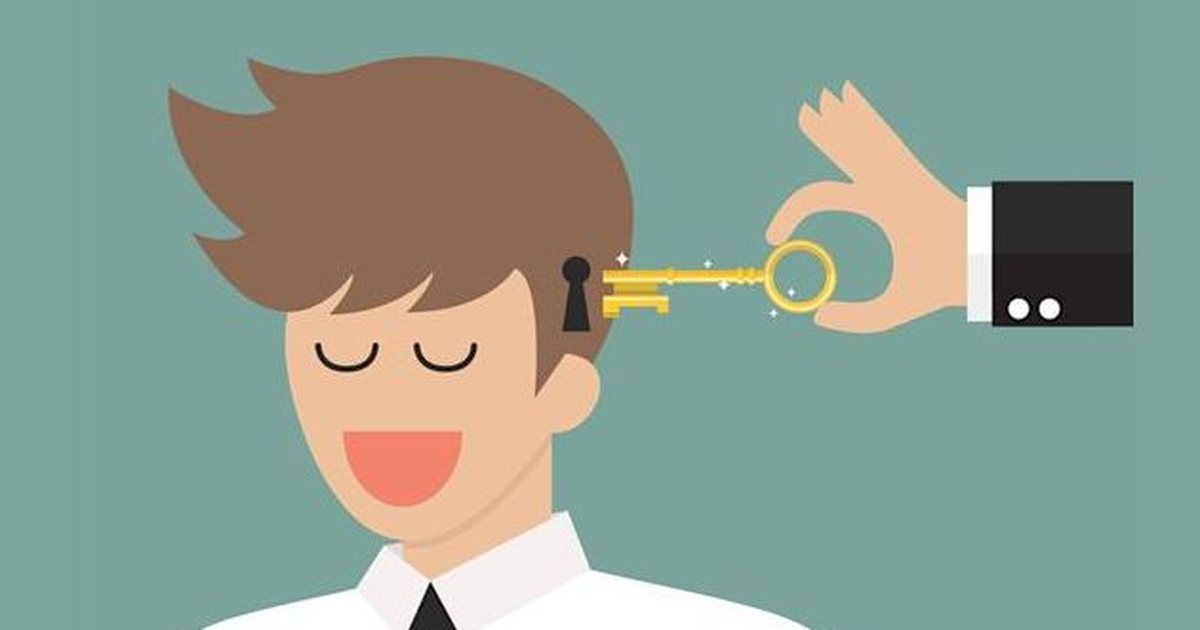 *
*
Inaccurate
Neutral
Accurate
I become overwhelmed by events. *
Inaccurate
Neutral
Accurate
I warm up quickly to others. *
Inaccurate
Neutral
Accurate
I talk to a lot of different people at parties. *
Inaccurate
Neutral
Accurate
I try to lead others. *
Inaccurate
Neutral
Accurate
I am always on the go. *
Inaccurate
Neutral
Accurate
I seek adventure. *
Inaccurate
Neutral
Accurate
I have a lot of fun. *
Inaccurate
Neutral
Accurate
I enjoy wild flights of fantasy. *
Inaccurate
Neutral
Accurate
I like music. *
*
Inaccurate
Neutral
Accurate
I feel others' emotions. *
Inaccurate
Neutral
Accurate
I like to visit new places. *
Inaccurate
Neutral
Accurate
I love to read challenging material. *
Inaccurate
Neutral
Accurate
I believe that there is no absolute right and wrong. *
Inaccurate
Neutral
Accurate
I believe that others have good intentions. *
Inaccurate
Neutral
Accurate
I stick to the rules. *
Inaccurate
Neutral
Accurate
I anticipate the needs of others. *
Inaccurate
Neutral
Accurate
I can't stand confrontations. *
Inaccurate
Neutral
Accurate
I dislike talking about myself. *
*
Inaccurate
Neutral
Accurate
I feel sympathy for those who are worse off than myself. *
Inaccurate
Neutral
Accurate
I excel in what I do. *
Inaccurate
Neutral
Accurate
I like to tidy up. *
Inaccurate
Neutral
Accurate
I keep my promises. *
Inaccurate
Neutral
Accurate
I work hard. *
Inaccurate
Neutral
Accurate
I am always prepared. *
Inaccurate
Neutral
Accurate
I choose my words with care. *
Inaccurate
Neutral
Accurate
I am afraid of many things. *
Inaccurate
Neutral
Accurate
I get upset easily. *
*
Inaccurate
Neutral
Accurate
I am often down in the dumps. *
Inaccurate
Neutral
Accurate
I find it difficult to approach others. *
Inaccurate
Neutral
Accurate
I do things I later regret. *
Inaccurate
Neutral
Accurate
I feel that I'm unable to deal with things. *
Inaccurate
Neutral
Accurate
I feel comfortable around people. *
Inaccurate
Neutral
Accurate
I enjoy being part of a group. *
Inaccurate
Neutral
Accurate
I can talk others into doing things. *
Inaccurate
Neutral
Accurate
I do a lot in my spare time. *
Inaccurate
Neutral
Accurate
I love action.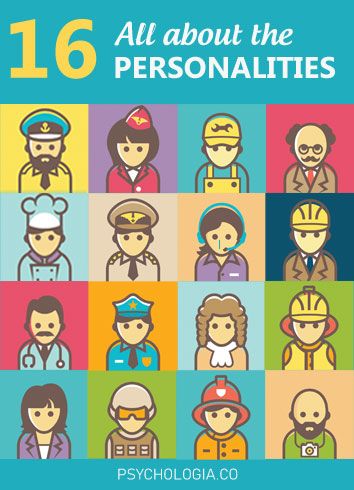 *
*
Inaccurate
Neutral
Accurate
I express childlike joy. *
Inaccurate
Neutral
Accurate
I love to daydream. *
Inaccurate
Neutral
Accurate
I see beauty in things that others might not notice. *
Inaccurate
Neutral
Accurate
I am passionate about causes. *
Inaccurate
Neutral
Accurate
I am interested in many things. *
Inaccurate
Neutral
Accurate
I have a rich vocabulary. *
Inaccurate
Neutral
Accurate
I believe that criminals should receive help rather than punishment. *
Inaccurate
Neutral
Accurate
I trust what people say. *
Inaccurate
Neutral
Accurate
I use flattery to get ahead.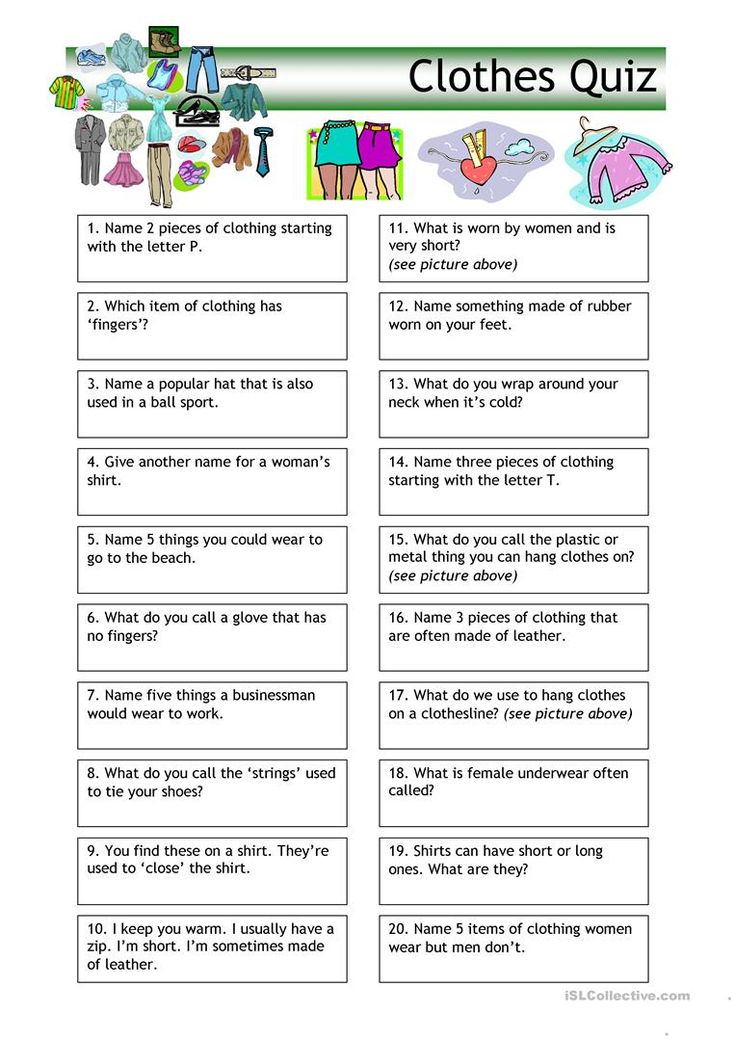 *
*
Inaccurate
Neutral
Accurate
I love to help others. *
Inaccurate
Neutral
Accurate
I hate to seem pushy. *
Inaccurate
Neutral
Accurate
I consider myself an average person. *
Inaccurate
Neutral
Accurate
I value cooperation over competition. *
Inaccurate
Neutral
Accurate
I handle tasks smoothly. *
Inaccurate
Neutral
Accurate
I want everything to be "just right." *
Inaccurate
Neutral
Accurate
I pay my bills on time. *
Inaccurate
Neutral
Accurate
I turn plans into actions. *
Inaccurate
Neutral
Accurate
I start tasks right away.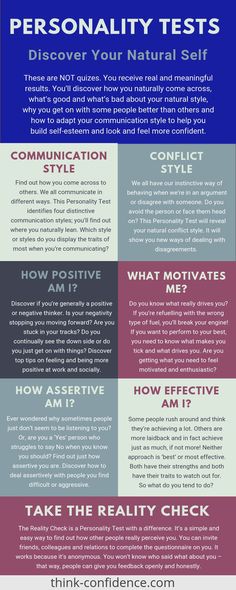 *
*
Inaccurate
Neutral
Accurate
I stick to my chosen path. *
Inaccurate
Neutral
Accurate
I get stressed out easily. *
Inaccurate
Neutral
Accurate
I am often in a bad mood. *
Inaccurate
Neutral
Accurate
I have a low opinion of myself. *
Inaccurate
Neutral
Accurate
I am afraid to draw attention to myself. *
Inaccurate
Neutral
Accurate
I go on binges. *
Inaccurate
Neutral
Accurate
I can't make up my mind. *
Inaccurate
Neutral
Accurate
I act comfortably with others. *
Inaccurate
Neutral
Accurate
Leave this field blank
Personality Test - How Do Others See You?
Personality Test - How Do Others See You? | Psych Central- Conditions
- Featured
- Addictions
- Anxiety Disorder
- ADHD
- Bipolar Disorder
- Depression
- PTSD
- Schizophrenia
- Articles
- Adjustment Disorder
- Agoraphobia
- Borderline Personality Disorder
- Childhood ADHD
- Dissociative Identity Disorder
- Narcissistic Personality Disorder
- Narcolepsy
- Oppositional Defiant Disorder
- Panic Attack
- Postpartum Depression
- Schizoaffective Disorder
- Seasonal Affective Disorder
- Sex Addiction
- Specific Phobias
- Teenage Depression
- Trauma
- Featured
- Discover
- Wellness Topics
- Black Mental Health
- Grief
- Emotional Health
- Sex & Relationships
- Trauma
- Understanding Therapy
- Workplace Mental Health
- Original Series
- My Life with OCD
- Caregivers Chronicles
- Empathy at Work
- Sex, Love & All of the Above
- Parent Central
- Mindful Moment
- News & Events
- Mental Health News
- COVID-19
- Live Town Hall: Mental Health in Focus
- Podcasts
- Inside Mental Health
- Inside Schizophrenia
- Inside Bipolar
- Wellness Topics
- Quizzes
- Conditions
- ADHD Symptoms Quiz
- Anxiety Symptoms Quiz
- Autism Quiz: Family & Friends
- Autism Symptoms Quiz
- Bipolar Disorder Quiz
- Borderline Personality Test
- Childhood ADHD Quiz
- Depression Symptoms Quiz
- Eating Disorder Quiz
- Narcissim Symptoms Test
- OCD Symptoms Quiz
- Psychopathy Test
- PTSD Symptoms Quiz
- Schizophrenia Quiz
- Lifestyle
- Attachment Style Quiz
- Career Test
- Do I Need Therapy Quiz?
- Domestic Violence Screening Quiz
- Emotional Type Quiz
- Loneliness Quiz
- Parenting Style Quiz
- Personality Test
- Relationship Quiz
- Stress Test
- What's Your Sleep Like?
- Conditions
- Resources
- Treatment & Support
- Find Support
- Suicide Prevention
- Drugs & Medications
- Find a Therapist
- Treatment & Support
Medically reviewed by Matthew Boland, PhD — By Christina Ward — Updated on May 25, 2021
The word personality originates from the Latin word persona, referring to masks worn by theater performers to hide their identity or portray different roles.
Your persona, or personality, is unique to you. It’s a combination of the behaviors, emotions, thought patterns, and motivations that define us.
Research from the past few decades has pointed to the role of environment – including how we were raised – and our genetics in forming and shaping our personalities.
So, what is your personality?
Among your group of friends, are you considered the shy one who waits for others to make decisions?
Or, are you seen as the dominant one who is ready to take the lead?
Our personality test can help you find out your personality type. Answering these simple questions will give you a description of who you are and tell you how others see you.
Instructions
Answer each of the questions below honestly about yourself and we’ll score the quiz and let you know how others see you.
This online screening is not a diagnostic tool. Only a trained medical professional, like a doctor or mental health professional, can help you determine the next best steps for you.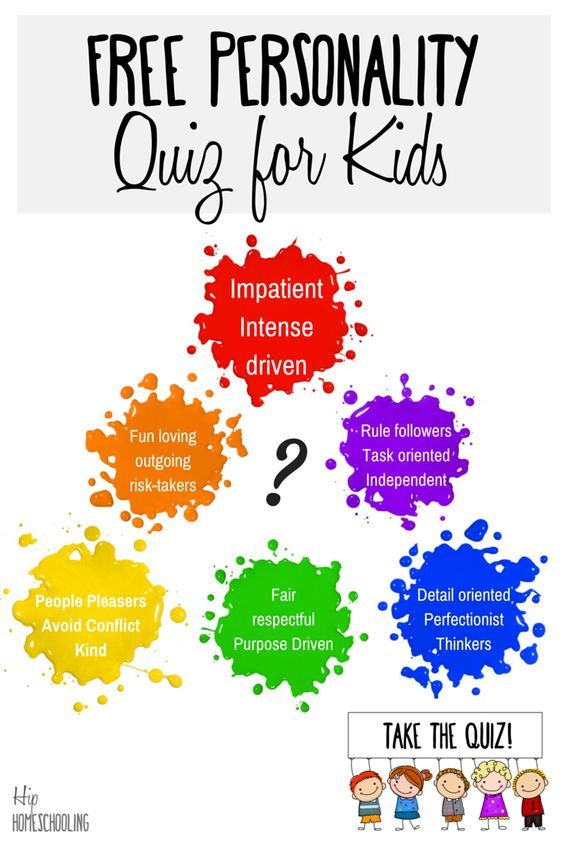
Disclaimer: This quiz is for entertainment purposes only. In no way is this an empirically validated test. The concepts presented are not rooted in any known research.
Ready to start therapy? Our Find a Therapist resource may help.
Last medically reviewed on May 25, 2021
FEEDBACK:
Medically reviewed by Matthew Boland, PhD — By Christina Ward — Updated on May 25, 2021
Read this next
Understanding What Your Emotions Are Trying to Tell You
Medically reviewed by Marney White, PhD, MS
We associate emotions with feelings, but they are also signals. Here's how to i.d. your emotions and how to respond.
READ MORE
5 Myths About Shyness Debunked
Medically reviewed by Karin Gepp, PsyD
There are 5 myths about shy people and their corresponding facts. Learn more about why being shy isn't the same as being an introvert or having social…
READ MORE
How to Admit When You’re Lonely
Medically reviewed by Joslyn Jelinek, LCSW
Loneliness is a common feeling, but for some of us, admitting we're lonely makes us more vulnerable, as if it reveals some fault of ours or personal…
READ MORE
How to Find Joy in Being Alone
Medically reviewed by Kendra Kubala, PsyD
Many people believe that being alone means having no friends or social life.
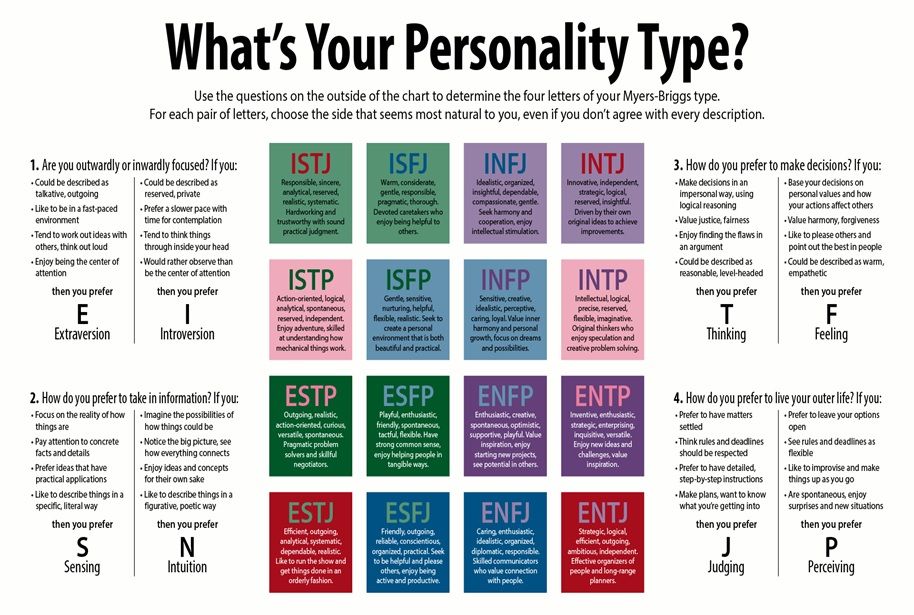 But being alone isn’t the same as being lonely. Whether you’re an…
But being alone isn’t the same as being lonely. Whether you’re an…READ MORE
How to Manage Intense Emotions in the Moment
Maybe it was the argument that set you off. Maybe it was the poor performance review, the fender-bender, the s
READ MORE
Thick Skin vs Thin Skin Personalities: What Do They Mean?
I am often told that I should grow a thicker skin. I’m too sensitive. I let things get to me too much. Most
READ MORE
Emotional Personality Type Test
Medically reviewed by Vara Saripalli, PsyD
What is your emotional type? Take our quiz and find out how you might likely react to different situations and how to best navigate your current one.
READ MORE
Self-Esteem Test
Wondering whether you have high, medium, or low self-esteem? You can take our quiz to find out.

READ MORE
What Is a Warm Personality?
Medically reviewed by Joslyn Jelinek, LCSW
Here are the signs of a warm personality, what it means to have one, and how to develop it.
READ MORE
What Is a Polished Personality?
Here's the definition of polished, what it means to have a polished personality, and how to carry yourself in a polished way.
READ MORE
10 serious psychological tests that can be taken on the Internet
January 26, 2021Life
Questionnaires used by practicing psychologists will help you look deep into yourself. The main thing is not to try to make a diagnosis “by profile picture”.
Share
01. Sondi test
The test is aimed at identifying psychological abnormalities. It consists of several stages. At each of them you will be shown portraits, from which you will need to choose the least and most pleasant in your opinion.
At each of them you will be shown portraits, from which you will need to choose the least and most pleasant in your opinion.
This testing method was developed by psychiatrist Leopold Szondi in 1947. The doctor noticed that in the clinic, patients communicated closer with those who had the same diseases. Of course, the Internet test will not give you a diagnosis - it will just help to detect some tendencies. Moreover, depending on the state of the psyche, the results will be different, so you can take the Szondi test in any incomprehensible situation.
Take the Test →
2. Beck Depression Scale
As the name suggests, this test measures how depressed you are. It takes into account the common symptoms and complaints of patients with this disease. When answering each question, you have to choose the closest one from several statements.
The test is worth taking even for those who are absolutely sure that they are healthy. Some of the statements in the questionnaire may seem strange to you, but many of them are true for a person with a disease.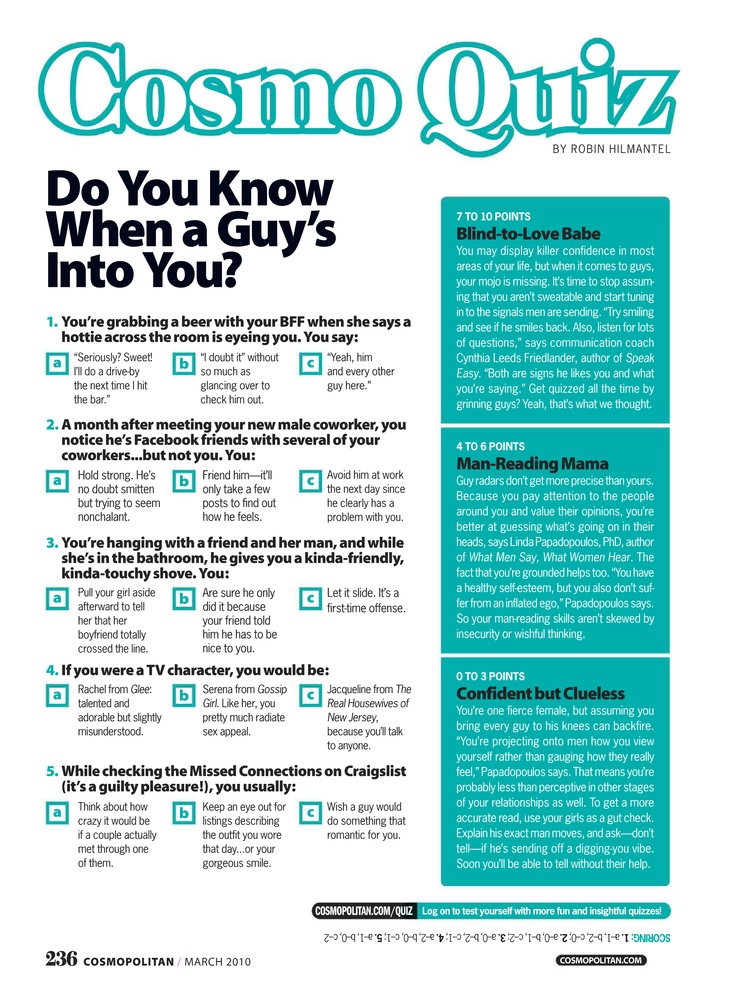 So if you think that depression is when someone is depressed from idleness, it's time to rethink your attitude.
So if you think that depression is when someone is depressed from idleness, it's time to rethink your attitude.
Take the test →
3. Zang (Zung) scale for self-assessment of depression
Another test related to depression. It is shorter and easier to understand than the previous questionnaire. If you like an integrated approach in everything and are not ready to be content with the results of one test, you can combine them.
The author of this test is psychiatrist William Zang, also known in Russian psychology as William Tsung.
Take the test →
4. Beck Anxiety Scale
The test allows you to assess the severity of various phobias, panic attacks and other anxiety disorders. The results are not very telling. They will only tell you if you have reason to be concerned or not.
You are to read 21 statements and decide how true they are for you.
Take the test →
5. Luscher color test
This test helps to assess the psychological state through the subjective perception of color.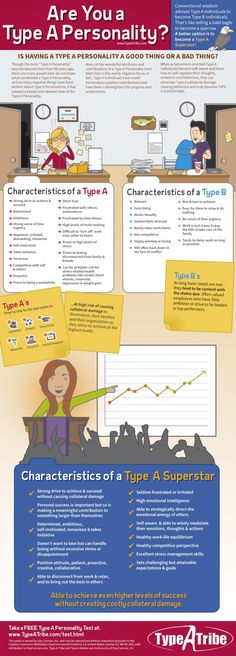 Everything is very simple: from several colored rectangles, you first choose those that you like more, and then those that you like less.
Everything is very simple: from several colored rectangles, you first choose those that you like more, and then those that you like less.
Based on the results of the Luscher test, a specialist will be able to give recommendations on how to avoid stress, but you just look deeper inside yourself.
Take the test →
6. Projective test "Cube in the Desert"
This test looks less serious than the previous ones, and it really is. It consists of fantasy exercises. Few questions, but the result is simple and clear.
You will be asked to present a series of images, and then they will give you an interpretation of what you were imagining. This test, most likely, will not discover America, but will simply introduce you to the real you once again.
Take the test →
7. Eysenck's temperament test
You have to answer 70 questions to find out whether you are choleric, sanguine, phlegmatic or melancholic. At the same time, the test determines the level of extraversion, so you can find out if you are an introvert or just temporarily tired of people.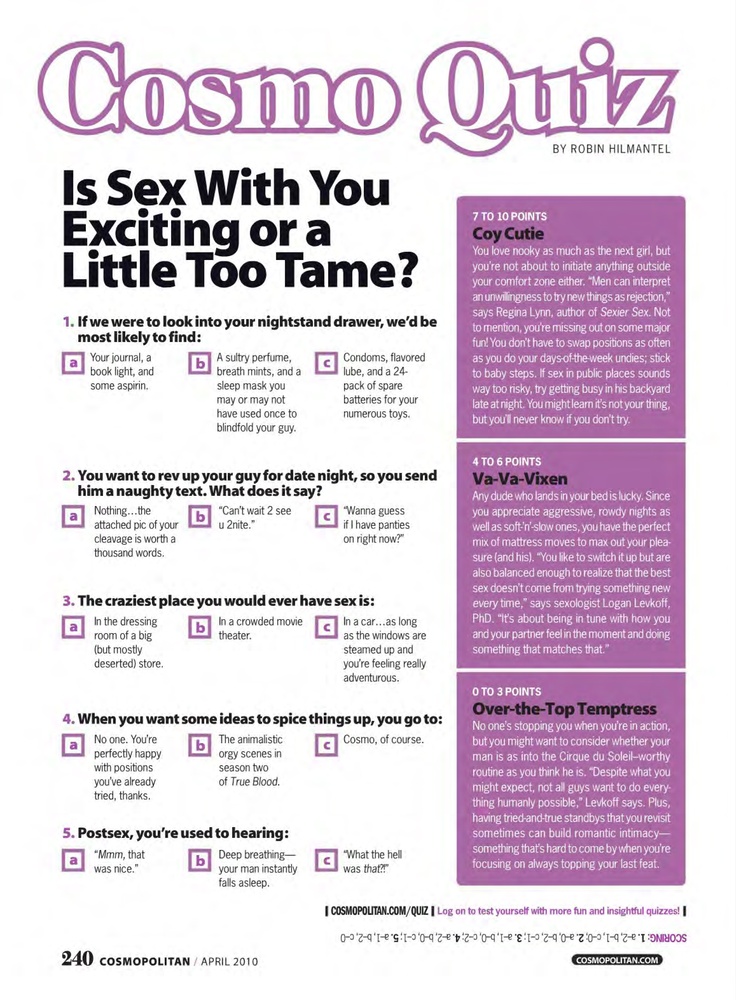
Take the test →
8. Extended Leonhard-Shmishek test
The test helps to reveal personality traits. The final grade is set on several scales, each of which reveals one or another aspect. Separately, it is checked whether you sincerely answered questions or tried to be better than you really are.
Take the test →
9. Heck-Hess neurosis rapid diagnostic method
This scale will help determine the probability of neurosis. If it is high, then it may be worth contacting a specialist.
Take the test →
10. Hall's Emotional Intelligence Test
Emotional intelligence is a person's ability to recognize the moods and feelings of others. To evaluate it, psychologist Nicholas Hall came up with a 30-question test.
Take the Quiz →
Also Read 🧐
- 11 Free Online Resources for Psychological Help
- Why you can't trust the results of psychological research
- The secret ingredient for extraordinary mental toughness
*Activities of Meta Platforms Inc.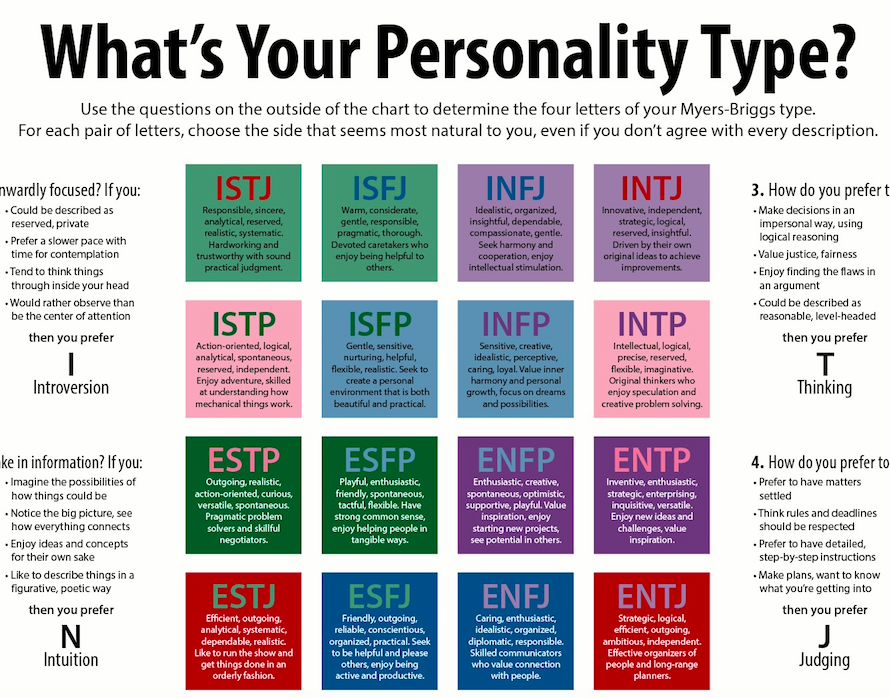 and its social networks Facebook and Instagram are prohibited in the territory of the Russian Federation.
and its social networks Facebook and Instagram are prohibited in the territory of the Russian Federation.
7 Useful Psychological Tests Developed by Scientists - The Knife
1. Rorschach Inkblots
Swiss psychiatrist and psychologist Hermann Rorschach developed a test based on the interpretation of inkblots of different colors: pastel red, gray and black. According to the researcher, colors, contours and shapes have a certain emotional impact on the subject and influence what he sees in the inkblot - an animal, a person, a fantastic creature or an inanimate object.
Rorschach test. Blob #2 © Hans Huber Medical Publisher, Bern (CH) / Wikimedia Commonstest subject's position.
If the image is seen primarily due to form, and not color, this is a sign of well-controlled emotionality, an indicator of the superiority of thought over feeling. On the contrary, if the subject first of all pays attention to color, emotions and affects predominate in him.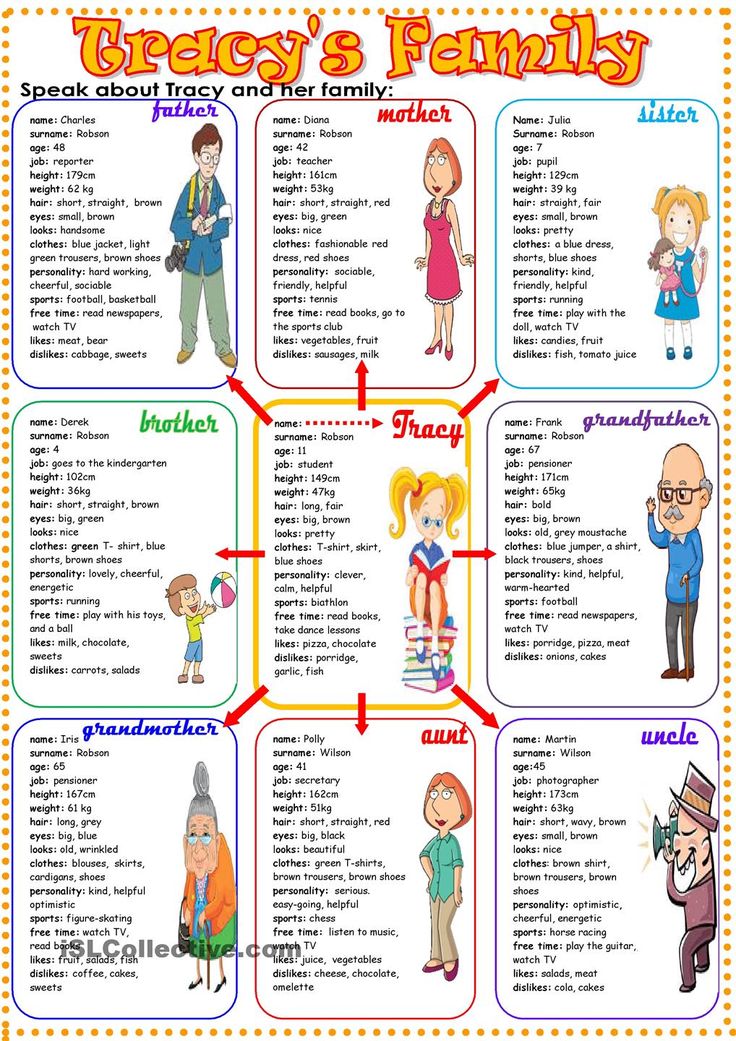
2. MMPI, or "SMIL test", 566 questions
The Minnesota Multiphasic Personality Inventory (MMPI) was developed at the turn of the 1930s and 1940s of the last century. This technique, which is actively used in clinical practice, is based on comparing the responses of patients with the responses of patients with hypochondria, depression, hysteria, psychopathy, paranoia and other disorders.
In the USSR, the test was adapted to our realities at 1960s. The technique was called the "Standardized Multivariate Personality Study" - the SMIL test.
The multifactorial nature of the study requires an answer, for example, to questions such as: “Do you often have constipation?” and “Is your father a good person?” You will have to think carefully before agreeing or disagreeing with the statement "Sometimes for fun I scare people, because it is easy for me to make others afraid of myself." And in general, it's a lot of fun to take a test of 566 questions.
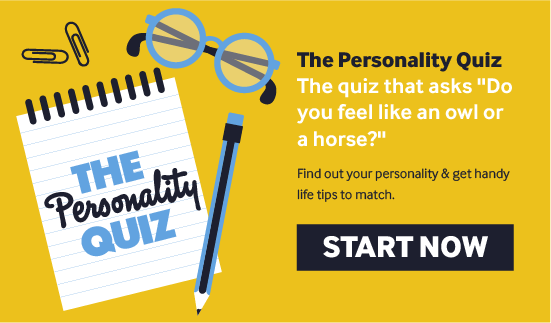
But it's worth spending time on it. As a result, we get a lot of details about ourselves, painted on a variety of scales - from a hypothetical addiction to alcoholism, the level of cynicism and escapism to "an organic lesion of the caudate nucleus" (the part of the brain responsible for movement).
SMIL test (MMPI) - by reference.
3. Szondi's test - a method of portrait choices
The founder of "fate analysis", the Hungarian and Swiss psychiatrist and psychoanalyst Leopold Szondi, developed a test with a human face - more precisely, with faces. The subject chooses the most / least attractive faces, and based on the choice, conclusions are drawn: for example, about a tendency to hysteria, depression, catatonic manifestations (motor disorders - stupor / arousal), etc.
Szondi created this test based on observations of patients (revealed a pattern - people with similar mental disorders communicate more readily) and the theory of inherited genotypic properties, according to which "an individual is drawn to his own kind.
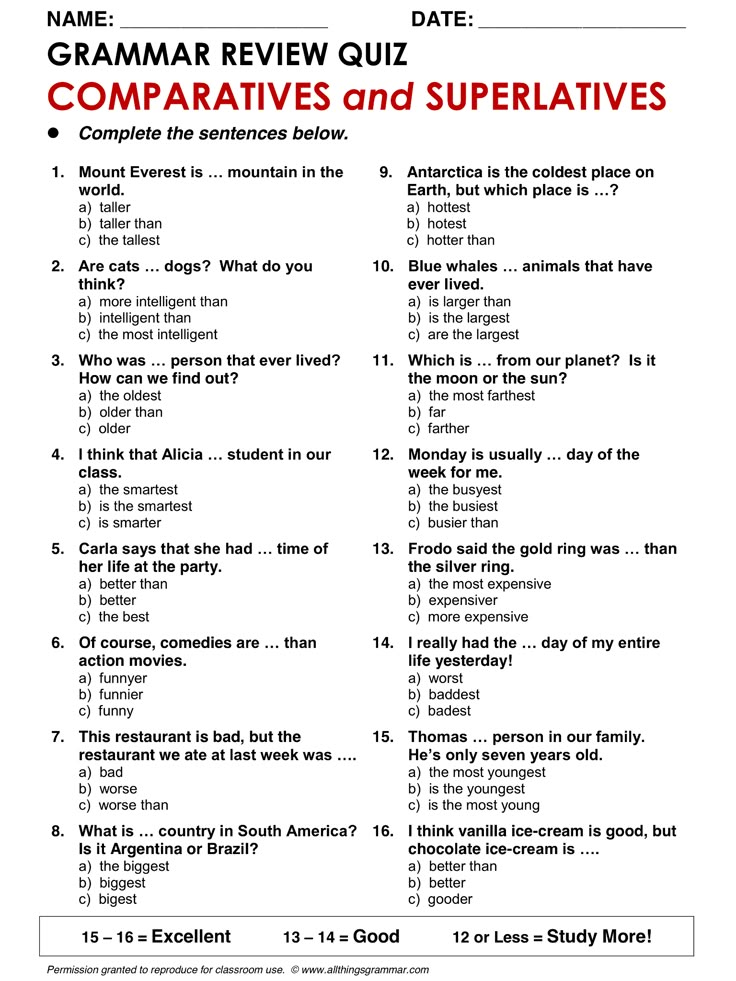 " Like plants growing in a certain way towards the earth's radius. And this is their - people and plants - fate, which you cannot figure out without "fate analysis". Szondi test, 1947 © Science Museum, London / Wellcome Collection
" Like plants growing in a certain way towards the earth's radius. And this is their - people and plants - fate, which you cannot figure out without "fate analysis". Szondi test, 1947 © Science Museum, London / Wellcome Collection 4. Cattell multifactorial questionnaire, 187 questions
Method developed in the 1940s by the British and American psychologist Raymond Cattell. This is one of the first structural models of personality based on the "lexicographic approach" of psychologists Gordon Allport and H. S. Odbert. From their point of view, the most significant individual personality differences of the members of this or that society sooner or later become encoded in their language, in certain words.
Researchers dug through the most detailed dictionaries at the time, selected 18,000 words important for characterizing individuals, and extracted 4,500 adjectives from them that, in their opinion, described relatively stable personality traits.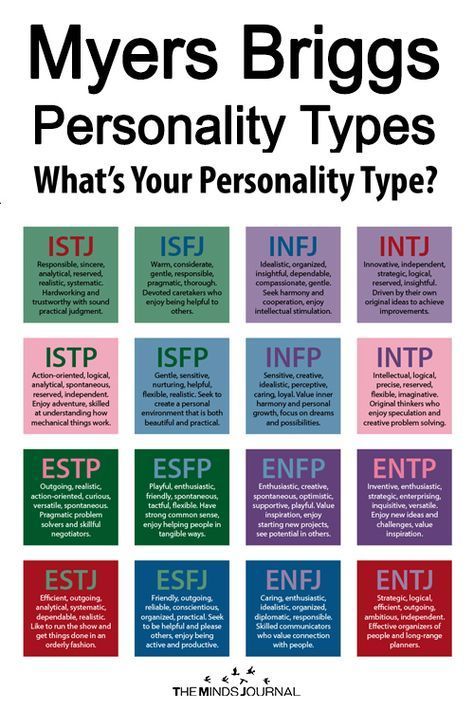
Cattell, using a computer, reduced the list to 171 words by compiling a 16-factor personality questionnaire. In its standard version - 187 questions (16PF). There is an abbreviated version of 105 questions and options for children (8-12 years old and 12-16 years old).
Based on the results of the survey, we get a graph with a detailed description of the results by scales and factors. For example, factor A is a character trait in the "isolation / sociability" range. For a high value (A +) - from 5.5 to 10 - "naturalness, ease, readiness for cooperation, adaptability" is characteristic, for a low (A-) - from 1 to 5.5 - "isolation, criticality, tendency to rigidity , coldness, skepticism and aloofness - things attract more than people ... ”Intelligence, emotional stability / instability, introversion / extraversion, etc. are described similarly.
5. Ammon's Self-Structural Test, 220 questions
German psychiatrist and psychoanalyst Günter Ammon is one of the founders and leaders of dynamic psychiatry.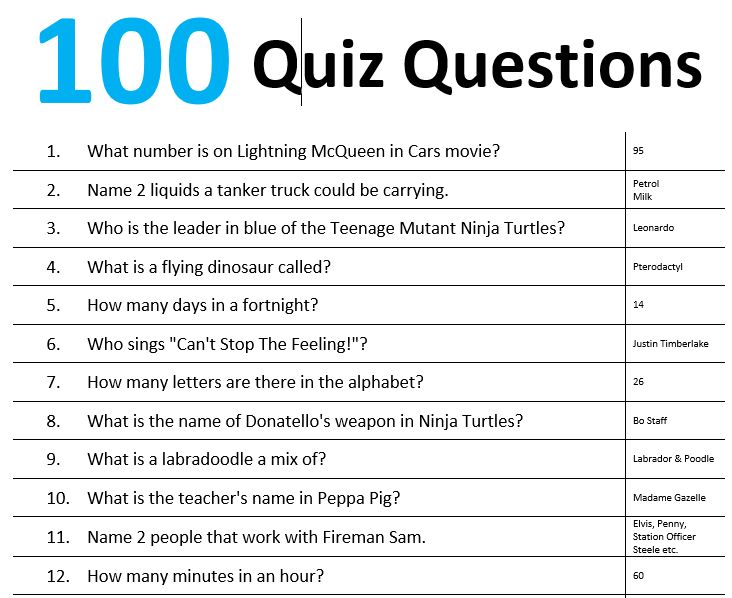 His test reveals many details about personality, typing each of the characteristics into three kinds. For example, Ammon distinguishes the following types of aggression:
His test reveals many details about personality, typing each of the characteristics into three kinds. For example, Ammon distinguishes the following types of aggression:
- constructive - purposeful activity, the ability to maintain relationships and solve problems in a strong-willed way, actively build one's own life,
- destructive misdirected, destructive to self and others, breaking relationships, devaluing others
- deficient - withdrawal into oneself, lack of activity, indifference, avoidance of rivalry and constructive dispute, spiritual emptiness (according to Ammon, this is also aggression).
Anxiety or fear, remaining within constructive limits, helps to adequately perceive the situation and realistically assess the danger. Destructive fear overwhelms the psyche and paralyzes. Deficient - indicates that the protective function of the psyche and the regulation of behavior no longer serve the patient in good stead.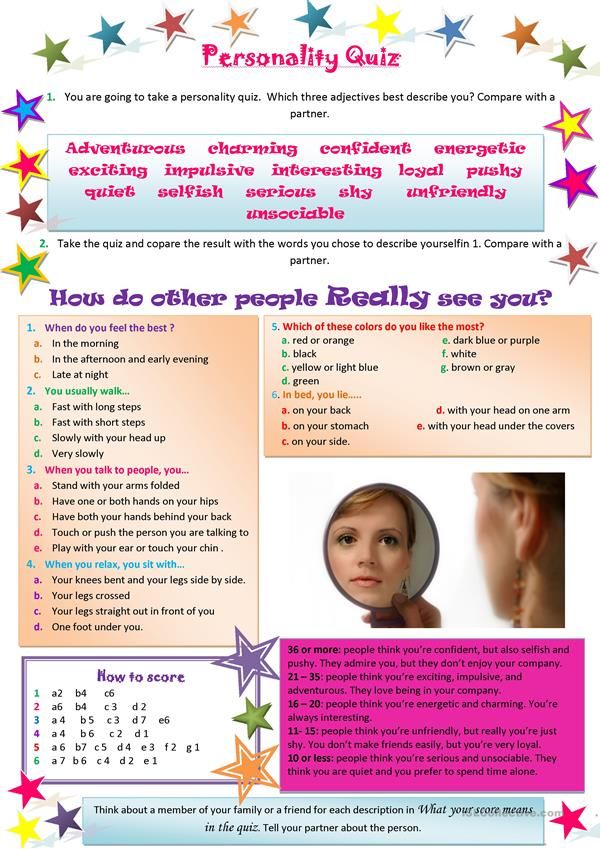
Günther Ammon also identifies constructive narcissism (adequate positive attitude towards oneself, recognition of one's weaknesses), destructive (unrealistically high self-esteem, inability to accept criticism) and deficient (lack of contact with oneself, statements, dependence on the opinions of others, rejection of one's own interests and needs).
6. Mendelevich's questionnaire, 68 questions
This test for determining neurotic states was invented in 1978 by psychiatrist David Mendelevich and medical psychologist Kausar Yakhin. There are 68 questions in the test that assess the state of the subject on six scales:
- neurotic depression,
- asthenia (fatigue),
- mental and physical hyperesthesia (hypersensitivity to stimuli),
- vegetative disorders (pressure, respiratory rate),
- conversion disorders (change/loss of sensory and motor function),
- obsessive-phobic disorder (obsessive fears).
